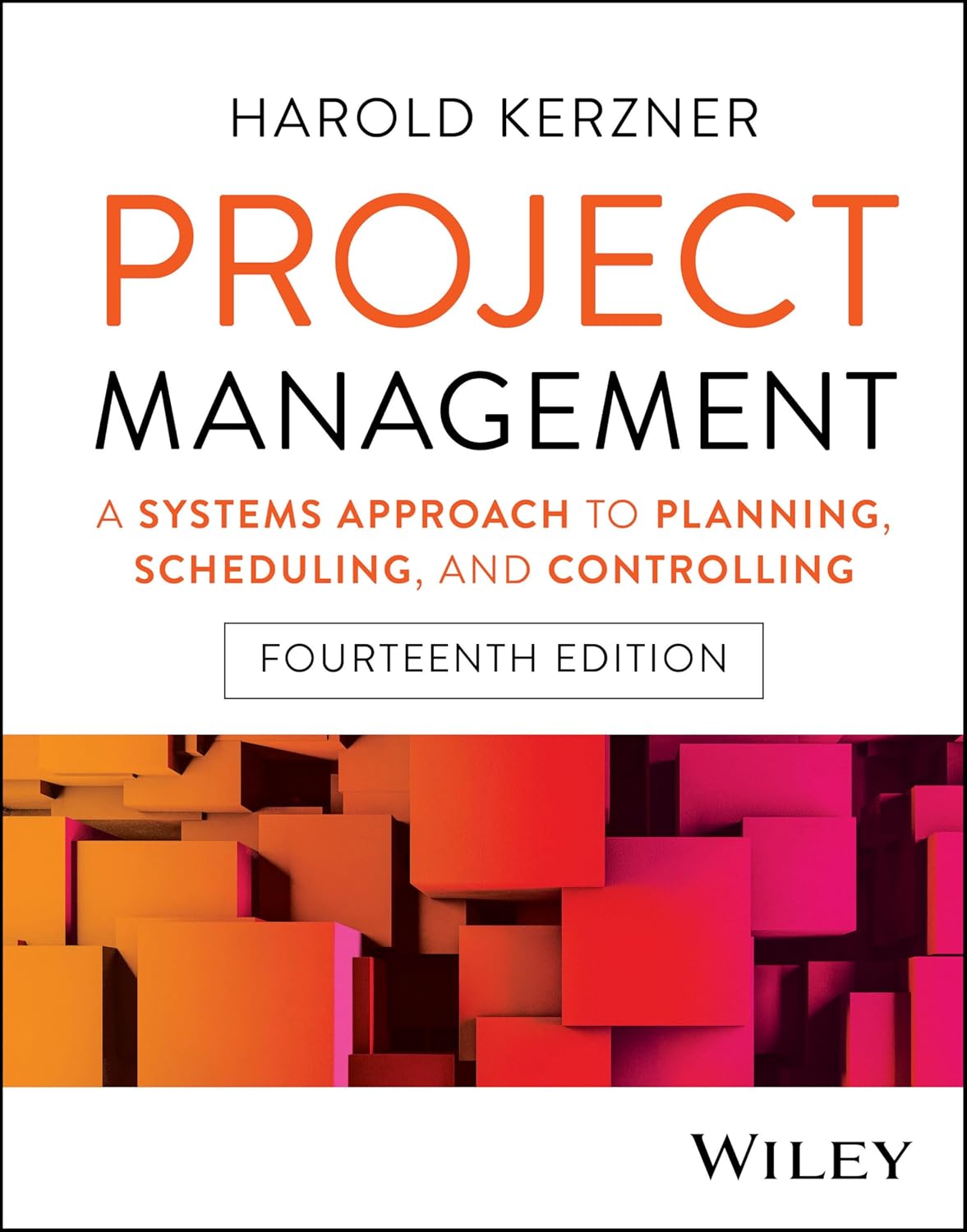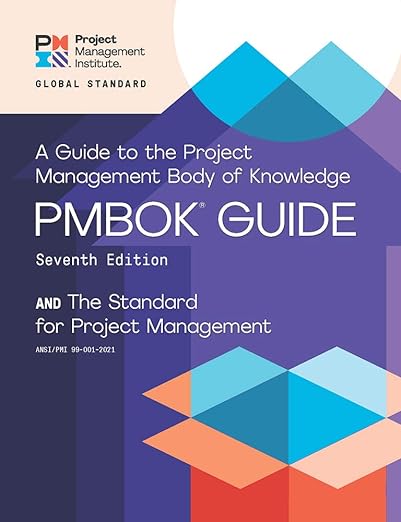
Objective
What is Objective?
An objective is a specific, measurable outcome that a project or team aims to achieve within a set timeframe. It helps define what success looks like and guides decisions and actions throughout the life of a project. These outcomes support the overall goal or vision by breaking it down into clear, actionable targets. The project team often writes these using the SMART criteria—specific, measurable, achievable, relevant, and time-bound—to ensure clarity and feasibility.
Project teams commonly use objectives in project planning, performance management, and strategic alignment. They provide focus and motivation, helping stakeholders stay aligned and accountable. In a project setting, these benchmarks are typically established during the planning phase and serve as a way to evaluate progress and success.
Key Points
- It describes specific, tangible outcomes rather than broad aspirations.
- They guide project planning and execution by offering measurable targets.
- Well-defined objectives contribute to project clarity, alignment, and accountability.
- It differs from goals, which are usually broader and less specific.
- The SMART framework is a widely accepted method for writing strong objectives.
Related Terms
- The goal describes the broader purpose or result that an objective helps to achieve.
- A milestone is a scheduled checkpoint that tracks progress toward achieving an objective.
- The project scope defines the boundaries within which the team must meet the objective.
- A key performance indicator (KPI) is a metric used to measure progress toward an objective.
- Deliverables are the specific outputs or results produced to meet an objective.
Objective: Example
In a marketing campaign project, an objective might be: “Increase email newsletter subscriptions by 25 percent within three months.” This objective is specific (email subscriptions), measurable (25 percent increase), achievable (based on past performance), relevant (supports the marketing goal), and time-bound (within three months). It gives the team a clear target to work toward and provides a benchmark for evaluating success.
Objective: Best Practices
- Use the SMART framework to create clear and actionable objectives.
- Align it with a broader goal to ensure strategic relevance.
- Involve stakeholders when defining them to build ownership and clarity.
- Review and adjust them regularly to reflect project changes.
- Communicate them clearly to all team members to support collaboration and accountability.
Additional Resources
Preparing for a PMI certification?
- Exam Prep Courses: PMP®, CAPM®, and PMI-ACP®
- Exam Simulators: PMP®, CAPM®, PMI-ACP®, PMI-PBA®, PMI-RMP®, PMI-SP®, PgMP®, and PfMP®
- Professional Development Units (PDUs): 15, 30, and 60 PDU Bundles




